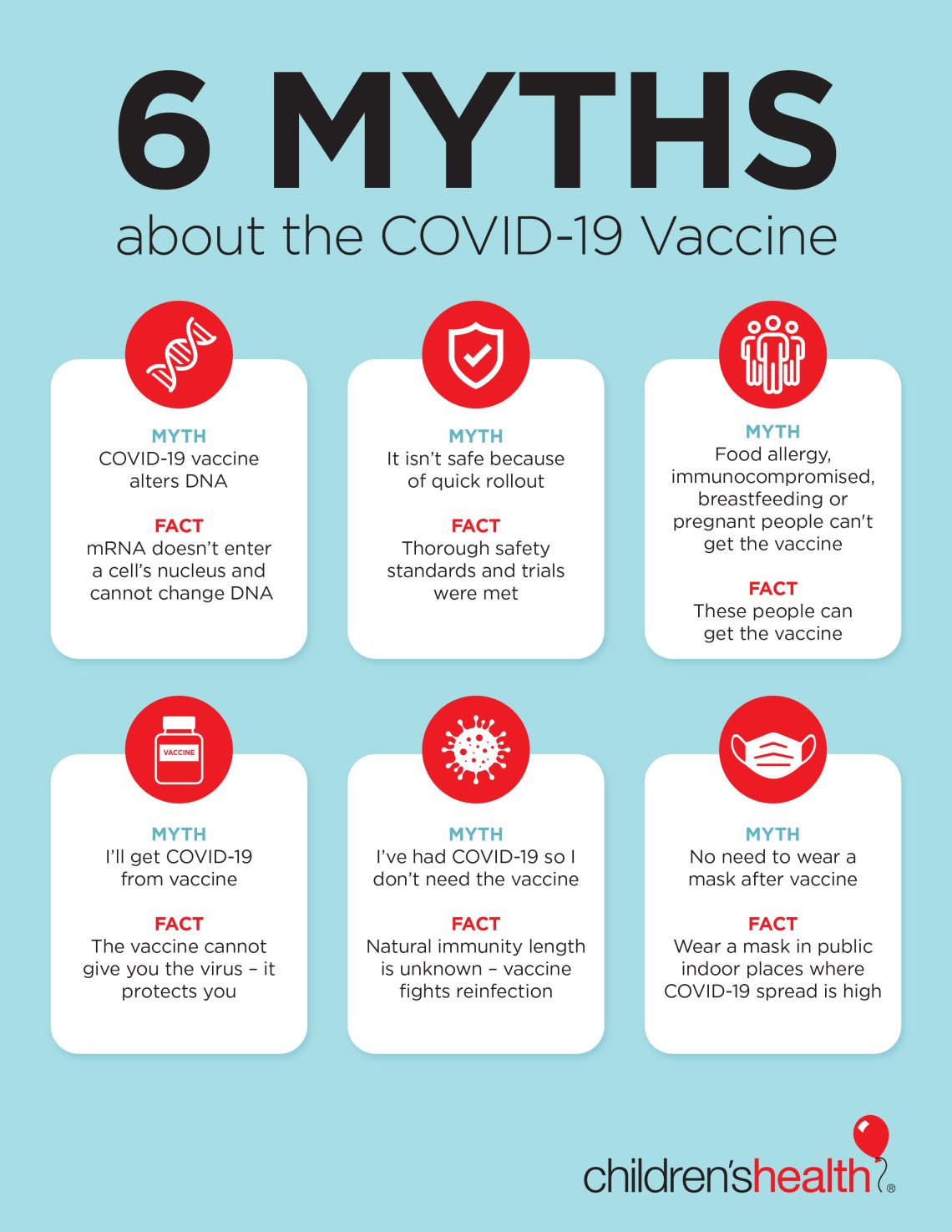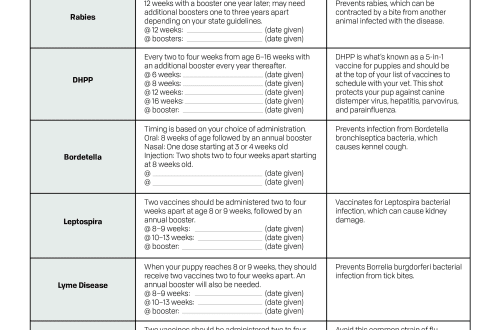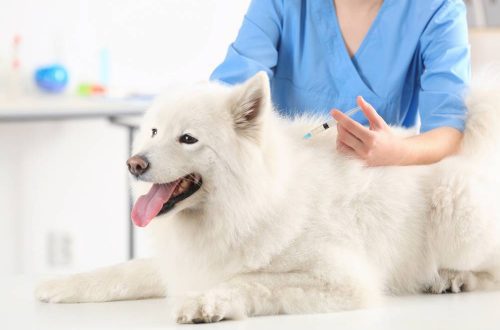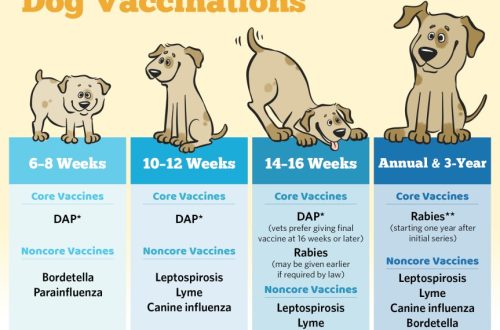
Myths about vaccination

Contents
- Myth 1. My dog is not purebred, she has good immunity by nature, only purebred dogs need vaccination.
- Myth 2. A dog of this breed cannot be vaccinated against rabies.
- Myth 3. Vaccination can cause serious complications, you should not expose your dog to such a risk.
- Myth 4: I can vaccinate myself; why spend extra money at the clinic when the vaccine can be bought at the nearest pet store.
- Myth 5. My dog hardly goes outside / lives in a fenced area / does not have contact with other dogs – why vaccinate in such a situation if the risk of infection is minimal.
Myth 1. My dog is not purebred, she has good immunity by nature, only purebred dogs need vaccination.
Completely wrong, because immunity against infectious diseases is not general, but specific. Outbred dogs, or mutts, are just as susceptible to disease as purebred dogs. Specific immunity is developed when confronted with an infectious agent – an antigen that may arise as a result of a disease or vaccination. The breed of the dog in this case does not matter; it is easier to get vaccinated than to put the dog at risk of disease in the hope of developing natural immunity.
Myth 2. A dog of this breed cannot be vaccinated against rabies.
Thanks to the increase in the level of knowledge of dog breeders, such myths have practically disappeared, but let us clarify: all dogs can and should be vaccinated against rabies, the breed in this case does not matter at all. This myth is based on individual experience: perhaps the breeder saw one or more cases of allergic reactions and made very general conclusions throughout the breed.
Myth 3. Vaccination can cause serious complications, you should not expose your dog to such a risk.
Any drug can cause side effects, but the risk associated with the disease is much greater than the risk of side effects with vaccination. Most animals tolerate vaccination without any change in their general condition. The most commonly developed side effects are mild malaise, fever, decreased appetite, and sometimes indigestion. Usually it all goes away on its own.
In some cases, an inflammatory reaction develops at the injection site, and in this situation it is better to take the dog to the treating veterinarian. Very rarely, individual allergic reactions of varying severity are observed – from itching and mild swelling to anaphylactic shock. The last state develops really extremely seldom. That is why it is recommended to carefully monitor the dog on the first day after vaccination.
Myth 4: I can vaccinate myself; why spend extra money at the clinic when the vaccine can be bought at the nearest pet store.
Vaccination is not only the administration of a vaccine. This and a general clinical examination to make sure that the dog is healthy and there are no contraindications to vaccination. This is planning an individual vaccination schedule, since most vaccines require repeated administration and preparation of the animal (treatment for parasites). And finally, in the veterinary clinic, the fact of vaccination will be recorded and documented, which is very useful for travel.
Myth 5. My dog hardly goes outside / lives in a fenced area / does not have contact with other dogs – why vaccinate in such a situation if the risk of infection is minimal.
In fact, not all viral infections are transmitted only through direct contact: for example, the causative agent of parvovirus enteritis in dogs is very resistant to environmental factors and is easily transmitted through contaminated care products and people. Indeed, not every dog needs a complete set of vaccines, which is why the vaccination schedule is always planned individually and depends on the dog’s living conditions.
The article is not a call to action!
For a more detailed study of the problem, we recommend contacting a specialist.





